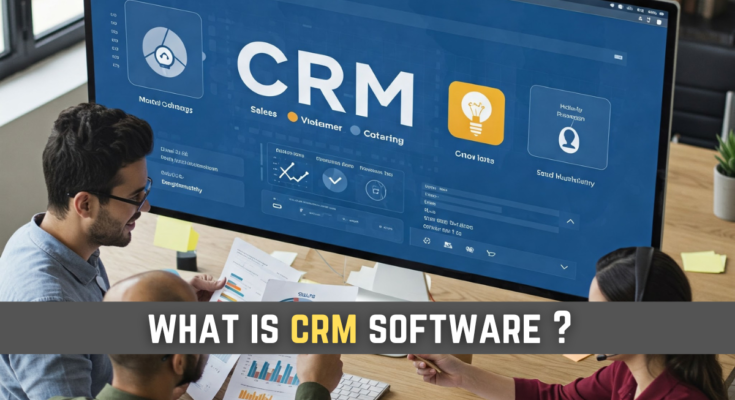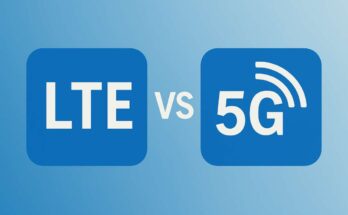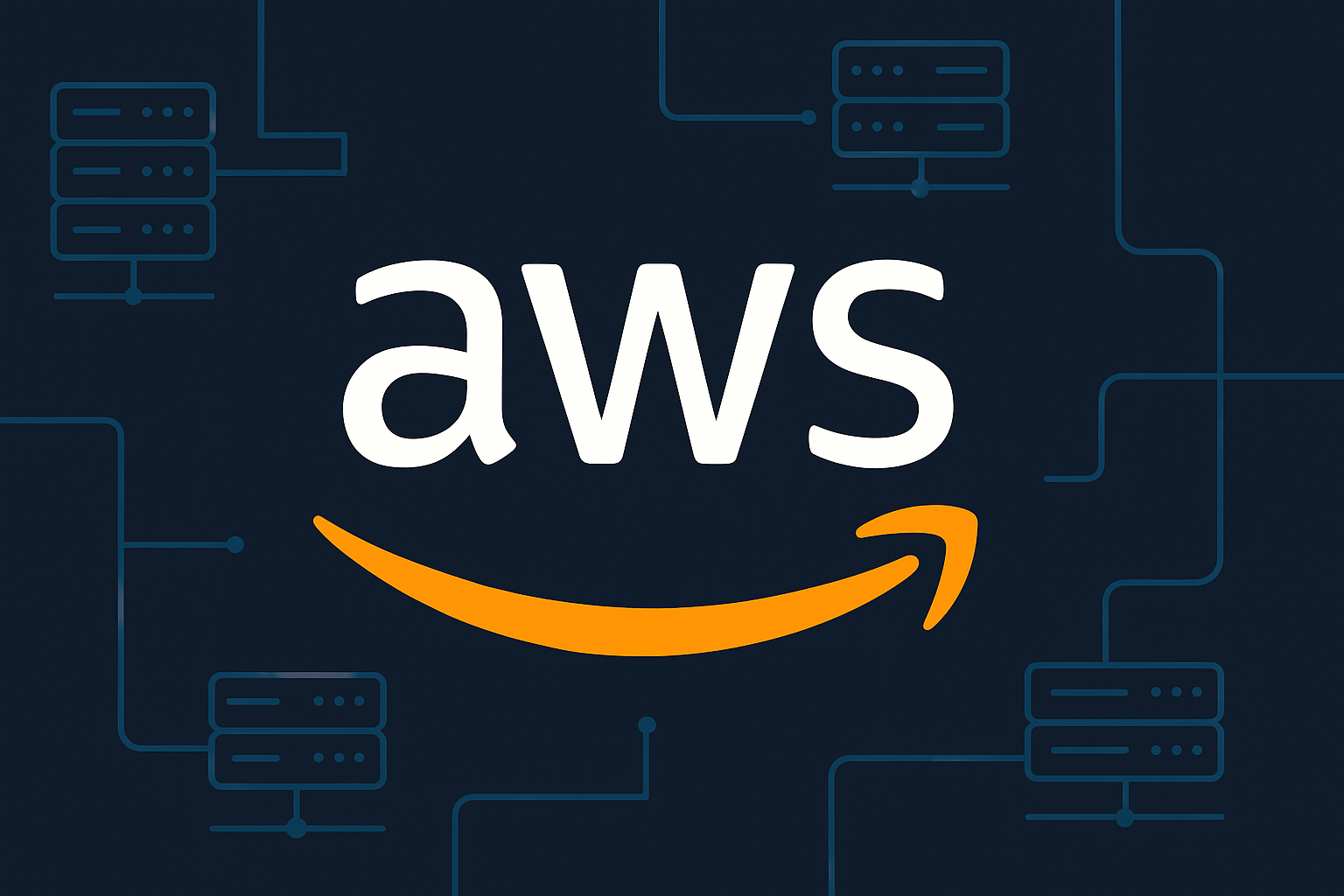Today, when competition in the business marketplace is at its highest, customer relationships have taken on an even more critical popular role. Businesses need the tools and techniques to be able to efficiently carry customers through each interaction to create loyalty and sales. The most important entry in this respect is CRM software.
This is the technology that helps businesses organize, automate, and synchronize every postcontact with the lead or customer inquiry. This type of software is for every type of business-from the solopreneur to a multinational corporate giant-understanding how this software works to its benefits can change the way one does business.
What is CRM Software?
CRM-SaaS is full-blown software that helps in managing customer interactions, sales, marketing campaigns, and support services from a centralized platform. It offers structure for maintaining relationships with customers, tracking leads, and creating communication avenues among different channels.
With a CRM system, businesses can store customer information, track interactions, analyze data, and automate mundane tasks, which improves productivity and customer satisfaction.
Features of CRM Software
Generally, CRM software comes with numerous features, which assist enterprises in managing their interactions with customers. Some of the important features in modern CRM software include the following:
1. Contact Management
The software provides a centralized database for the business to store contact details with customers including, but not limited to, their names, telephone numbers, email addresses, and a discussion of previous interactions.
2. Sales Automation
CRM tools are very much used to automate selling processes such as lead management, follow-ups, and tracking deals so sales personnel can be focused on closing them and not on manual data entry.
3. Lead and Pipeline Management
Maintain track of leads in terms of movement across various stages of the sales cycle and manage a sales pipeline to ensure that no potential customer is left unattended.
4. Marketing Automation
Most CRM systems come with marketing tools which very easily automates e-mail campaigns, outreach in social media, and even client segmentation.
5. Customer Support and Service Management
Support ticketing systems, chatbots, and more are integrated through the software, providing businesses with efficient means to deal with customer queries and problems.
6. Reporting and Analytics
In-depth reporting tools that comprehend through customer analysis behaviors, sales, and ROI from marketing.
7. Other Tool Integrations
Most CRMs are integrated with email, social media, accounting software, and the remaining other business applications that it has to flow within the management process.
Type of CRM Software
On the base of operation, CRM software is divided into three types:
1. Operational CRM
Operational CRMs are concerned with the automation of sales, marketing, and customer service processes. They aim to help businesses improve the efficiency of their day-to-day operations and the effectiveness of their customer interactions.
2. Analytical CRM
In an Analytical CRM, data is analyzed with regard to customers, purchasing behavior, and sales trend analyses. These analyses provide insight for businesses to formulate better marketing strategies while improving customer retention.
3. Collaborative CRM
Collaborative CRMs work on improving communication between departments (sales, marketing, and support) to ensure a seamless customer experience.
Benefits of Implementing CRM Software
CRM software provides much-needed relief to businesses of varying scales. Some of the highlighted benefits are:

1. Improved Customer Relations
By employing CRM software, a company can personalize its communication with customers, thus forging a stronger relationship with them that satisfies their needs.
2. Increased Sales and Revenue Generation
With automated sales processes, effective lead tracking, and timely follow-ups with prospects, companies are more likely to close deals and revenue generation.
3. Superior Data Management System
Such a system serves as a centralized database for safekeeping and retrieval of customer data when necessary.
4. Productivity and Profitability Overdrive
The routine tasks of data entry, follow-up calls, and reporting are mainly what CRMs automate. This leaves the really important things to be done by the employee.
5. Strategy On Customer Retention
CRM combines foresight and technologies to identify potential customer trouble and resolve it; hence, this would be a better way for higher customer retention.
6. Data-Driven Decisions
With CRM analytics, organizations can predict their customers’ behavioral trends and hence make intelligent decisions about extending their marketing and sales efforts.
How to Choose the Right CRM Software
Choosing a particular CRM Software amongst so many available can be a daunting task. The following guide gives some pointers for consideration:
- Business Needs – If the organization requires an operational, analytical, or collaborative CRM to achieve its business objectives.
- Ease of Use – A very low learning curve for the staff should characterize any CRM system.
- Scalability – The CRM should cater to the business growth and increased customer data.
- Integration – The chosen CRM should fit into the wire of existing tools already applied in the business such as email marketing, accounting, and social media.
- Customization – It is important to select CRM software that gives a bit of flexibility according to individual business needs.
- Cost – Compare all the options based on cost; the CRM system needs to give the highest value for your money.
- Customer Support – Make sure the vendor will provide good customer support for any troubleshooting or challenges concerning the software.
The Best CRM Software’s Available
There are quite a number of CRM software available these days. Some of the popular CRMs include:

- Salesforce – A world-leading CRM platform mostly known for its cutting-edge features and scalability.
- HubSpot CRM – a user-friendly CRM that boasts of free and fee-paying plans for small to mid-sized businesses.
- Zoho CRM – It’s the cost-effective solution that really does possess automation and analytics tools.
- Pipedrive – the sales-oriented CRM organizes the efficient management of leads and pipelines.
- Microsoft Dynamics 365 – All those things with a solid integration into Microsoft’s ecosystem fundamental of CRM.
Conclusion
In effect, CRM software serves as the main engine for most companies because it has been offering them the opportunity of better customer relationships, increased efficiency in sales, and easy operation management. When the right CRM is installed, the companies will certainly know how best to manage the customer’s interaction, leading to better satisfaction from the customer and improved growth in business.
So, when it comes to adopting CRM for your enterprise, you have to weigh the pros and cons and select an application that best fits your goals. Whether a startup or an established enterprise, one equal point remains. CRM software enables the part of building reliable customer relationships that last for future successes.
If you want more technology related articles then visit Techbyprime!





One Comment on “What is CRM Software? A Complete Guide”